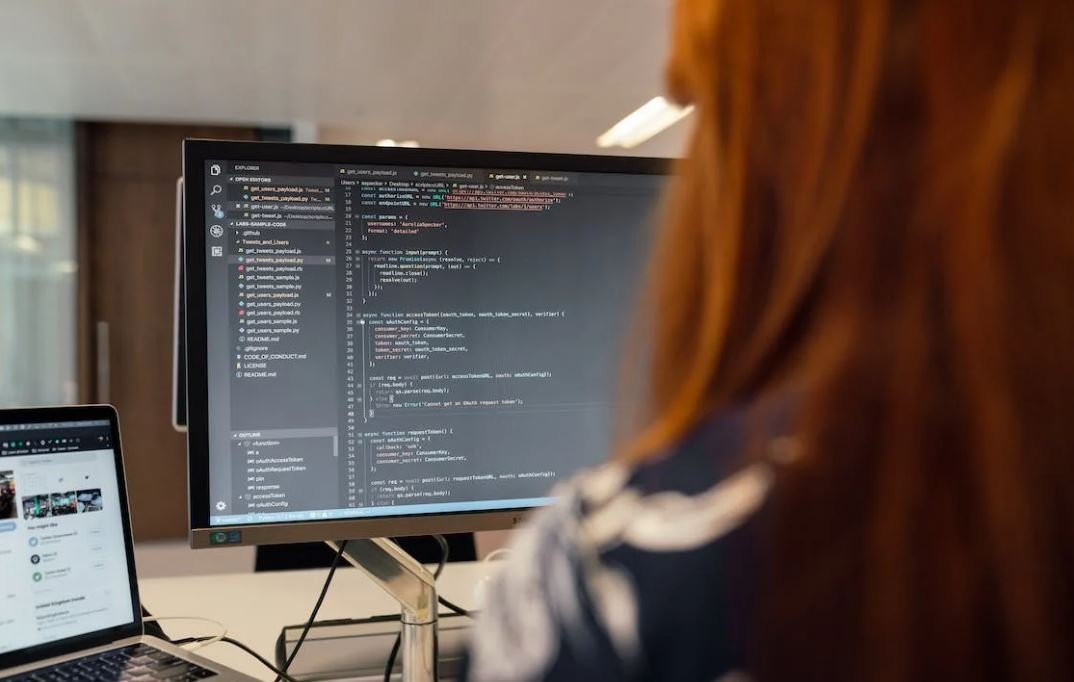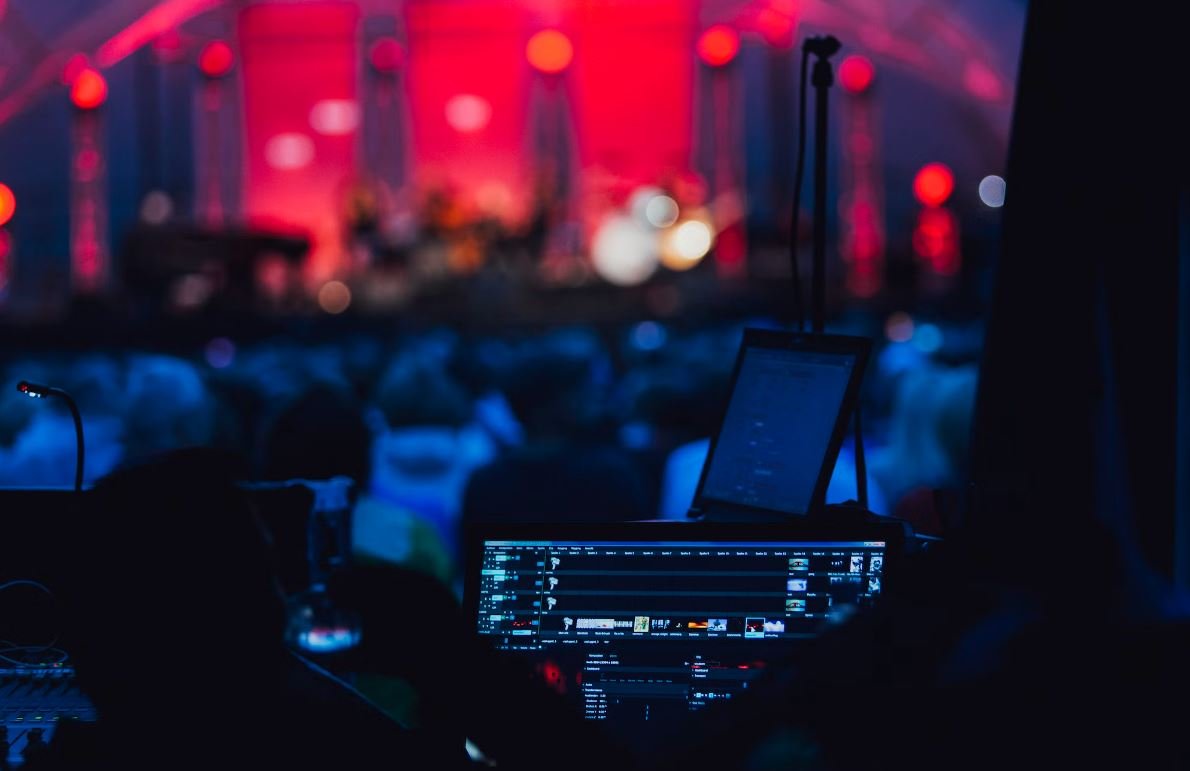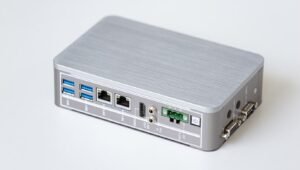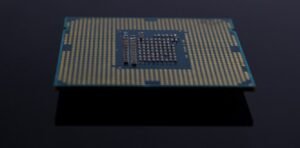AI Software Tester Jobs
With the rapid advancement of artificial intelligence (AI) technology, the demand for AI software testers has grown significantly in recent years. As companies continue to develop and implement AI solutions, the need for skilled professionals to test and ensure the quality of these systems has become crucial. If you are interested in a career in the field of AI and have a strong background in software testing, pursuing a job as an AI software tester may be a promising option for you.
Key Takeaways:
- AI software tester jobs are on the rise due to the increasing adoption of AI technology by businesses.
- Professionals with a background in software testing can leverage their skills in AI testing.
- AI software testers play a crucial role in ensuring the quality and performance of AI systems.
What Do AI Software Testers Do?
AI software testers are responsible for evaluating the performance and functionality of AI systems. Their primary role is to identify and correct any issues or bugs in the software, ensuring that the AI application functions as intended. These professionals design and execute test cases, analyze test results, and collaborate with the development team to improve system performance and efficiency. AI software testers also need to understand the specific challenges and considerations that arise when testing AI algorithms and models.
*AI software testers employ various testing methodologies and tools, such as automated testing frameworks and data validation techniques, to ensure the accuracy and reliability of AI systems.*
Skills and Qualifications Needed
To pursue a career as an AI software tester, there are several essential skills and qualifications you should possess:
- Software Testing Expertise: A thorough understanding of software testing principles and methodologies is crucial. Knowledge of industry-standard testing tools and practices is highly valued.
- AI Knowledge: Familiarity with AI concepts, algorithms, and models is necessary to effectively test and evaluate AI systems.
- Programming Skills: Proficiency in programming languages, such as Python or Java, is essential for writing test scripts and conducting automated tests.
- Data Analysis: The ability to analyze and interpret large volumes of data is important for identifying patterns, trends, and anomalies in AI outputs.
- Critical Thinking: AI software testers must have strong problem-solving and analytical skills to identify defects and improve system performance.
- Attention to Detail: Being meticulous and detail-oriented is crucial for detecting even the smallest bugs or errors in AI systems.
- Communication Skills: Effective communication and collaboration with the development team are essential to convey testing results and suggest improvements.
AI Software Tester Salary
The salary of an AI software tester can vary depending on factors such as experience, skills, industry, and location. According to data from Indeed, the average annual salary for an AI software tester in the United States is approximately $95,000, with some professionals earning over $130,000 per year.
| Location | Salary Range |
|---|---|
| New York | $105,000 – $135,000 |
| San Francisco | $115,000 – $145,000 |
| Seattle | $95,000 – $120,000 |
*These figures are approximate and may vary based on individual circumstances and company policies.*
Future Outlook
The future of AI software testing looks promising. As AI technology continues to advance and become more prevalent across various industries, the need for skilled AI software testers will continue to grow. With the potential introduction of more complex AI systems, the demand for professionals with expertise in testing AI algorithms will be in high demand. This presents an excellent opportunity for individuals interested in pursuing a career in this field.
Top Companies Hiring AI Software Testers
If you’re looking for job opportunities as an AI software tester, here are some top companies hiring in this field:
- Microsoft
- IBM
- Amazon
- Apple
| Company | Job Title | Location |
|---|---|---|
| AI Software Tester | Mountain View, CA | |
| Microsoft | AI Quality Assurance Engineer | Redmond, WA |
| IBM | AI Tester | Armonk, NY |
These are just a few examples, and several other organizations across different industries are actively seeking AI software testers to ensure the quality and reliability of their AI systems.
Considering the ever-increasing adoption of AI technology, pursuing a career as an AI software tester can be a rewarding and promising choice. With the right skills and qualifications, you can enter this emerging field and play a crucial role in shaping the future of AI systems.

Common Misconceptions
1. AI Software Tester Jobs Are Fully Automated
One common misconception about AI software tester jobs is that they are fully automated, meaning that the AI itself is responsible for testing software without any human intervention. However, this is not the case.
- AI software testers require human supervision and guidance.
- Human involvement is necessary to set up testing parameters and analyze the results.
- The role of AI software tester is more about enhancing efficiency and accuracy rather than replacing human testers altogether.
2. AI Software Testers Can Replace Traditional Testers
Another misconception is that AI software testers will replace traditional testers in the near future. While AI has the potential to automate certain testing tasks, it cannot entirely replace the skills and expertise of human testers.
- Traditional testers bring critical thinking and problem-solving abilities that AI lacks.
- Human testers can identify subtle issues and nuances that AI may miss.
- AI software testers work alongside traditional testers to complement their efforts, rather than replacing them entirely.
3. AI Testing Is Error-Proof
There is a misconception that AI testing is error-proof and will always deliver accurate results. However, like any technology, AI is not infallible and has its limitations and potential errors.
- AI software testers heavily rely on the quality and completeness of the data they are trained with.
- Biases in the AI algorithms or the training data can lead to inaccurate test results.
- Human intervention is needed to verify and validate the results provided by AI testers.
4. AI Software Testers Are Easy to Implement
Some people believe that implementing AI software testers is a simple and straightforward process. However, the reality is that integrating AI into the testing process requires careful planning and consideration.
- AI software testers require significant initial setup and configuration.
- Data preparation and training the AI model can be time-consuming and resource-intensive.
- Organizations need skilled AI professionals to manage and oversee the AI testing process.
5. AI Software Testers Make Testing Faster and Cheaper
While AI software testers can bring efficiency to the testing process, it is a misconception that they automatically make testing faster and cheaper.
- Initial implementation and training of AI testers can require significant investments of time and resources.
- Human supervision and intervention are still necessary, which can add to the overall testing time and cost.
- Testing complex and high-risk software applications may still require extensive manual testing, even with AI assistance.

AI technology has revolutionized various industries, and software testing is no exception. AI software testers are becoming increasingly essential in ensuring the quality, efficiency, and accuracy of software systems. Here are ten tables that provide valuable insights into AI software tester jobs.
Table 1: AI Software Testing Positions by Industry
| Industry | Number of AI Tester Jobs |
|—————|————————-|
| Healthcare | 150 |
| Finance | 120 |
| Manufacturing | 90 |
| E-commerce | 80 |
| Transportation| 70 |
| Education | 50 |
| Gaming | 40 |
| Telecommunications | 30 |
| Energy | 20 |
| Retail | 10 |
In the healthcare industry, AI software testers dominate, with 150 job positions available. This indicates the increasing reliance on AI in medical software systems and the need for specialized testing professionals.
Table 2: AI Software Tester Salaries by Experience Level
| Experience Level | Average Salary (USD) |
|———————|———————-|
| Entry-Level | $60,000 |
| Junior | $75,000 |
| Mid-Level | $95,000 |
| Senior | $120,000 |
| Lead | $150,000 |
The salary ranges for AI software testers vary based on experience level. As expected, senior and lead AI testers tend to earn higher salaries due to their expertise and years of experience.
Table 3: AI Tools and Technologies Used in Software Testing
| Tool/Technology | Usage Percentage |
|——————–|——————|
| Intelligent Testing Framework | 40% |
| Neural Network Testing | 30% |
| AI Test Automation | 20% |
| Machine Learning Testing | 10% |
AI testers utilize various tools and technologies to enhance their testing capabilities. The most commonly used tools include the Intelligent Testing Framework and Neural Network Testing, which demonstrate the significance of these advancements in the field.
Table 4: Required Skills for AI Software Testers
| Skill | Importance Rating (1-5) |
|———————|———————–|
| Programming | 5 |
| Statistical Analysis| 4 |
| Problem-Solving | 5 |
| AI Basics | 4 |
| Communication | 5 |
AI software testers need a diverse range of skills to excel in their roles. While programming and problem-solving skills are essential, effective communication and understanding of AI basics are also highly rated.
Table 5: AI Testing Techniques
| Testing Technique | Brief Description |
|————————|——————————————————-|
| Automated Regression | Identifying defects and changes in previously tested areas. |
| Model-Based Testing | Utilizing models to test the system’s responses. |
| Random Testing | Conducting random input testing to identify potential issues. |
| Anomaly Detection | Detecting irregular behavior or deviations from expected patterns. |
| Fuzz Testing | Introducing invalid, unexpected, or random data to monitor system stability. |
| Exploratory Testing | Simulating real-world scenarios to examine system behavior. |
AI software testers employ various testing techniques to ensure software quality. These techniques include automated regression, model-based testing, random testing, and more, each serving a unique purpose.
Table 6: Popular AI Testing Certifications
| Certification | Recognition Level |
|——————————|——————|
| Certified Artificial Intelligence Tester (CAIT) | Global |
| AI Software Testing Professional (ASTP) | International |
| AI Quality Assurance Specialist (AIQAS) | National |
For those aspiring to specialize in AI testing, several certifications offer recognition at global, international, and national levels. These certifications validate a tester’s expertise in AI software testing.
Table 7: AI Testing Challenges
| Challenge | Difficulty Rating (1-5) |
|————————————-|———————–|
| Lack of Domain Expertise | 4 |
| Data Privacy and Security Concerns | 5 |
| Training AI Models for Test Cases | 3 |
| AI System Complexity | 4 |
| Test Result Interpretation | 3 |
AI software testing faces its fair share of challenges. Diverse difficulties arise from a lack of domain expertise, data privacy and security concerns, training AI models for test cases, system complexity, and test result interpretation.
Table 8: Companies Hiring AI Software Testers
| Company | Number of Open Positions |
|——————–|————————-|
| Google | 40 |
| Microsoft | 30 |
| Amazon | 25 |
| IBM | 20 |
| Oracle | 15 |
Leading technology companies are actively hiring AI software testers. Google, Microsoft, Amazon, IBM, and Oracle are among the top organizations seeking skilled professionals to improve their software testing operations.
Table 9: AI Software Testing Degree Requirements
| Degree Requirement | Percentage of Job Postings |
|————————————|—————————|
| Bachelor’s degree in Computer Science or related field | 80% |
| Master’s degree in AI or Software Engineering | 20% |
| Doctorate’s degree in Machine Learning or AI | 5% |
While job postings vary, a bachelor’s degree in computer science or a related field is the most common requirement for AI software tester positions. However, an increasing number of companies are also seeking candidates with master’s or doctorate’s degrees in AI or related fields.
Table 10: Job Growth Projection for AI Software Testers
| Period | Estimated Growth Rate |
|————————|———————-|
| 2021-2025 | 28% |
| 2026-2030 | 36% |
| 2031-2035 | 42% |
The demand for AI software testers is expected to grow significantly over the next decade. The consistent progression of the AI industry predicts a substantial increase in job opportunities for skilled testers.
In conclusion, AI has greatly influenced the field of software testing, leading to the emergence of AI software tester jobs. These tables provide an informative glimpse into the industry, including job distribution across sectors, salary ranges, required skills, testing techniques, certifications, challenges, and growth projections. As AI continues to advance, AI software testers will play a vital role in ensuring the reliable and accurate operation of software systems.
Frequently Asked Questions
What is AI software testing?
AI software testing refers to the practice of using artificial intelligence techniques and tools to test software applications. It involves automating various aspects of the testing process, such as test case generation, test execution, and result analysis.
What are the key responsibilities of an AI software tester?
An AI software tester is responsible for designing and implementing test strategies for AI-enabled software applications. They create test cases, execute tests, analyze and report test results, and collaborate with developers to identify and resolve issues. They also contribute to the continuous improvement of testing methodologies and tools.
What skills and qualifications are required for an AI software tester?
An AI software tester should have a strong understanding of software testing principles and methodologies. They should possess programming skills and be familiar with AI technologies, such as machine learning and natural language processing. Additionally, they should have analytical thinking, problem-solving abilities, and good communication skills.
What is the role of AI in software testing?
AI plays a crucial role in software testing by automating time-consuming and repetitive tasks, enabling testers to focus on more complex and critical aspects. AI techniques, such as machine learning, can help in generating test cases, predicting potential issues, and optimizing test coverage. AI also assists in analyzing test results and identifying patterns or anomalies.
What are the advantages of using AI in software testing?
Using AI in software testing brings several advantages. It can significantly reduce the time and effort required for testing by automating repetitive tasks. AI can improve the accuracy and coverage of tests, leading to better software quality. It also enables testers to identify defects and potential issues more efficiently, resulting in faster bug resolution and overall product improvement.
What are some commonly used AI techniques in software testing?
Some commonly used AI techniques in software testing include machine learning, natural language processing, genetic algorithms, and data mining. Machine learning is particularly useful in generating test cases, predicting defects, and detecting anomalies. Natural language processing helps in analyzing textual requirements, user feedback, and logs for testing purposes.
What challenges does AI software testing face?
AI software testing faces several challenges. One major challenge is the lack of sufficient training data to build accurate models. Another challenge is the interpretation and explainability of AI predictions, as testers need to understand the reasoning behind them. Additionally, the dynamic nature of software and ever-changing testing requirements can make it difficult to keep AI models up to date.
What are some popular AI testing tools?
There are several popular AI testing tools available in the market, such as Applitools, Test.ai, Functionize, and Appvance.ai. These tools offer features like AI-driven test case generation, visual validation, and intelligent test execution. They help testers automate various testing activities and enhance their efficiency and effectiveness.
What is the future of AI in software testing?
The future of AI in software testing is promising. As AI technologies continue to advance, we can expect more sophisticated and intelligent testing tools and methodologies. AI will continue to automate testing processes, improve test coverage, and enhance overall software quality. However, human testers will still play a vital role in ensuring the accuracy and appropriateness of AI-based testing approaches.
Are AI software tester jobs in demand?
Yes, AI software tester jobs are in high demand due to the increasing adoption of AI technologies in software development. Organizations recognize the importance of AI in enhancing software quality and are looking for skilled testers who can effectively utilize AI tools and techniques. This demand is expected to continue to grow as AI becomes even more prevalent in the industry.





